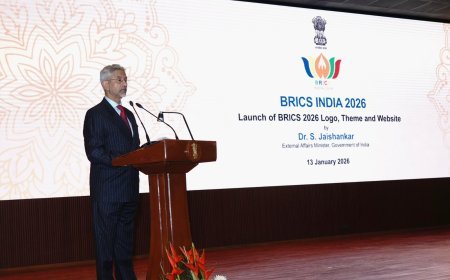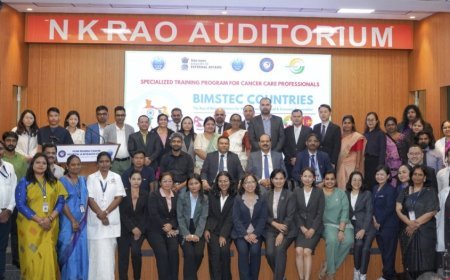Understanding the Impact of Contraception on Long-Term Fertility Planning

Beyond prevention: a wider perspective
Most modern contraceptives, whether hormonal methods like the pill, intrauterine devices, or barrier methods, are designed to be safe and reversible. In the majority of cases, once discontinued, natural fertility resumes within a predictable timeframe. Yet the perception that contraception may somehow ‘damage’ fertility still lingers in public conversation.
A fertility specialist would emphasise that contraceptives themselves are rarely the cause of long-term infertility. Instead, it is age, underlying health conditions, or undiagnosed reproductive issues that tend to surface when contraception is stopped. Many people only discover these challenges later, assuming they were linked to past contraceptive use.
The hidden time factor
Here lies the real impact of contraception on fertility planning: time. Contraception allows individuals to delay parenthood until they feel emotionally or financially ready. While this autonomy is invaluable, biology continues its own course. Egg reserve and quality naturally decline with age, and male fertility too is influenced by lifestyle and advancing years.
When someone chooses to conceive in their mid-thirties or forties after years of contraceptive use, they may mistake age-related decline for an after-effect of contraception. This misunderstanding can delay timely medical intervention.
What specialists recommend
This is why fertility specialists encourage people to treat contraception and fertility as part of the same continuum. Contraception protects choice in the short term, but it should always be considered alongside long-term reproductive goals. For example, routine fertility assessments, awareness of family history, and conversations with a specialist can help align contraceptive choices with future plans.
Women with PCOS or endometriosis, or men with risk factors such as lifestyle-related sperm health issues, may particularly benefit from early guidance. Contraception may temporarily mask irregular cycles or symptoms, but proactive evaluation ensures that underlying concerns are not overlooked.
What's Your Reaction?
 Like
0
Like
0
 Dislike
0
Dislike
0
 Love
0
Love
0
 Funny
0
Funny
0
 Angry
0
Angry
0
 Sad
0
Sad
0
 Wow
0
Wow
0












































